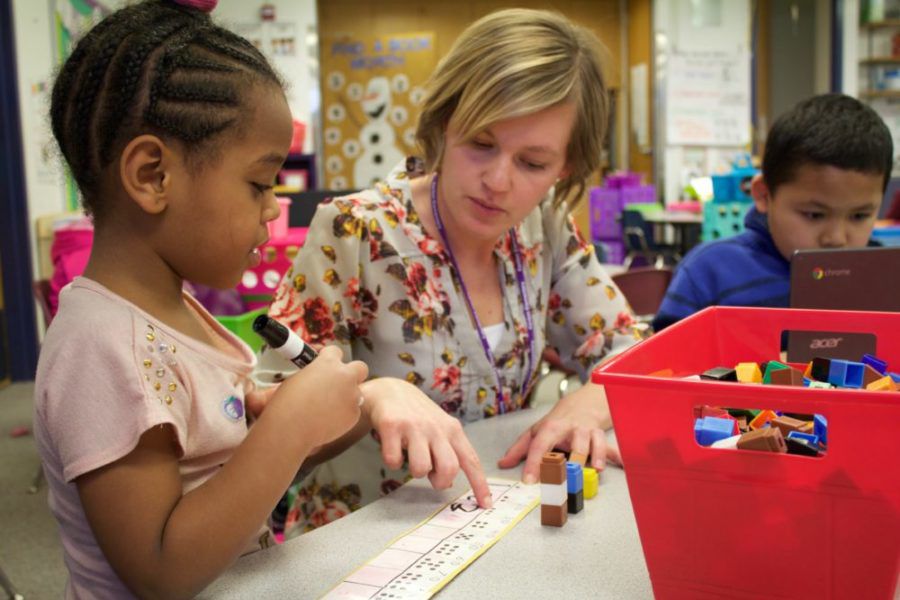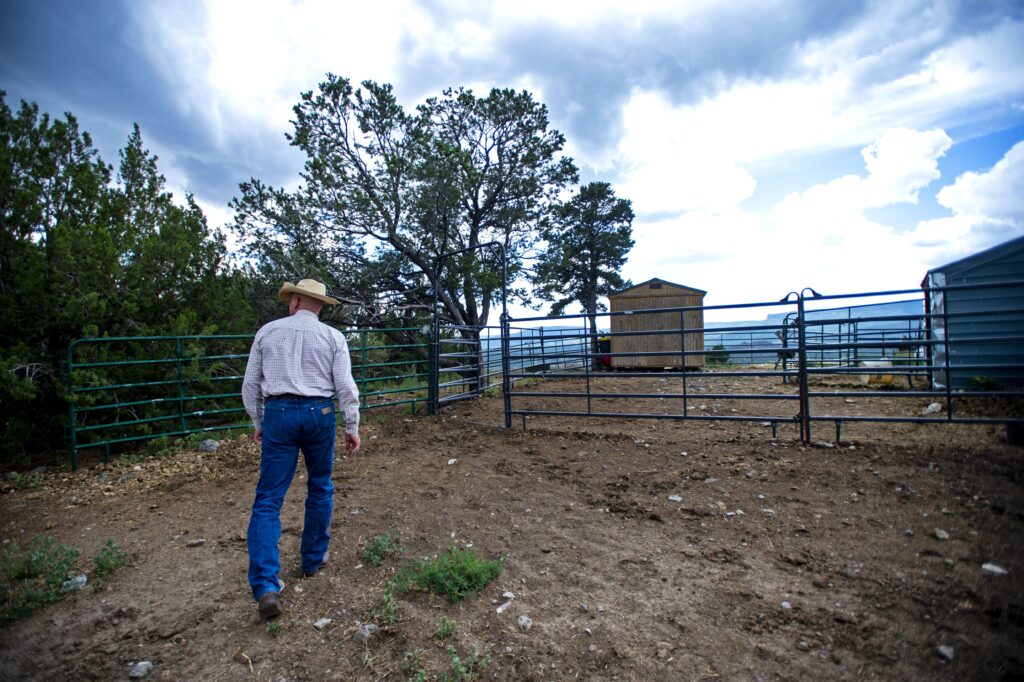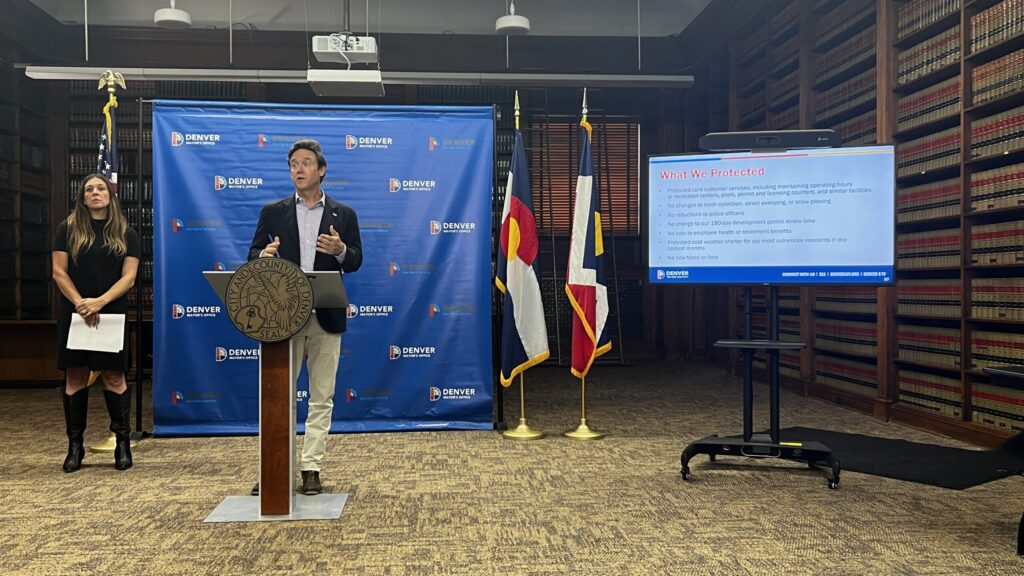Colorado full-day kindergarten bill heads to Polis

Gov. Jared Polis’ top legislative priority – state-paid full-day kindergarten – is on its way to his desk.
The House on Tuesday agreed with Senate amendments to House Bill 1262 and re-passed the bill on a 54-11 vote.
Under the rules of the General Assembly, the governor has 30 days to sign measures approved in the last 10 days of the session, although Polis is not expected to wait that long.
The Senate last Friday amended the bill to allow schools using preschool funding to pay for kindergarten to keep that funding if they have sufficient preschool enrollment.
The General Assembly appropriated $175 million for the program during their work on the 2019-20 state budget.
The state currently pays 58% of the cost of full-day kindergarten. Some schools already provide free full-day kindergarten to Colorado kids, using existing operating funds. Others receive special property taxes to cover the rest of the cost, and yet others charge parents as much as $500 per month for the balance of the costs.
House Bill 1262 drew very little opposition in its trip through the General Assembly. A few Republicans indicated that they believe the cost, at $175 million, is not enough to cover 100 percent of Colorado kindergartners, and estimated the program would need as much as $38 million more. The bill’s fiscal note projects participation in the first year at 85%.
Polis spoke at length about providing state-paid full-day kindergarten in his first State of the State address in January.
“It’s time for us to build a Colorado education system where every single child – regardless of their ZIP code – gets a great education that prepares them for a bright future. And it begins with preschool and kindergarten,” he told a joint session of the House and Senate on Jan. 10.
“Making full-day kindergarten available and accessible for all children sets kids up to be more successful in school and throughout their lives – improving performance, narrowing achievement gaps, leading to earlier identification and intervention for those with special needs, even increasing high school graduation rates down the road. … It will save taxpayer money in the long run by increasing incomes and decreasing the achievement gap. It will strengthen families, our communities and our economy.”














